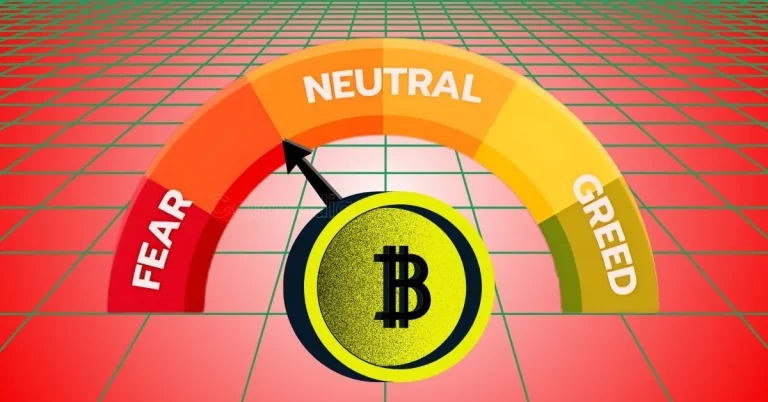
In contemporary relationships, there is a noticeable transformation in perspectives. Love is no longer solely defined by grand gestures or constant availability. Many couples, particularly younger ones, are now placing greater emphasis on emotional well-being, setting boundaries, and fostering personal development.
While such shifts are positive, there is an aspect often overlooked: certain behaviors that appear healthy may have adverse effects.
Emotional avoidance isn’t always evident through silence or distance. It can also manifest through excessive care, overexertion, constantly playing the calm role, or being excessively pleasing. These habits, usually rooted in fear or discomfort, can subtly impede genuine intimacy or hinder complete honesty with oneself or one’s partner.
Recognizing 5 Signs of Misconstrued Love
- Putting your partner’s needs above your own consistently: although being supportive is crucial, neglecting your own feelings or disregarding your needs can lead to a sense of emptiness and invisibility over time. Love shouldn’t necessitate sacrificing your voice.
- Assuming control of every aspect, from finances to plans: while appearing supportive, taking charge entirely may indicate a reluctance to display vulnerability. By constantly being in control, one avoids reliance on their partner and stifles emotional closeness.
- Agreeing to avoid conflict: disagreements are fundamental for genuine connection. Feeling compelled to say ‘yes’ to everything merely to maintain harmony can breed hidden animosity. Healthy relationships thrive on honesty, even in times of disagreement.
- Comparing your relationship to others: engaging in comparisons can divert attention from nurturing and enhancing your actual connection by fixating on an idealized exterior image. Embrace the authentic yet imperfect bond you share instead of striving for an unrealistic portrayal.






